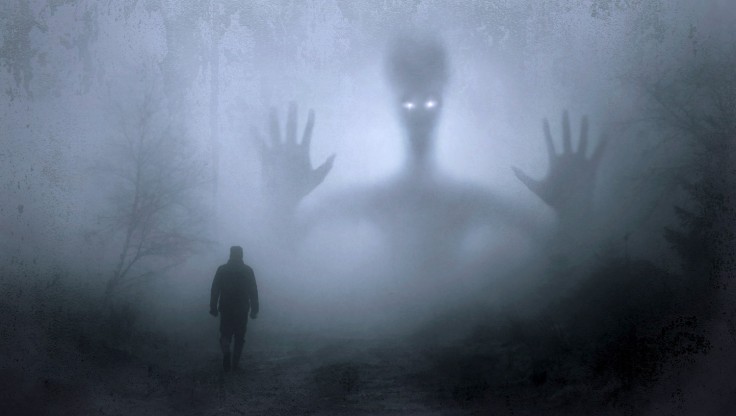
Dr. Daniel S. Schechter, the study's principal, investigator, and director of the Infant-Family Service at Morgan Stanley Children's Hospital, told NYP that horror films negatively impact a younger audience. Kids younger than five tend to develop anxiety and sleeping disorders and might also grow violent toward other people. Horror films show brutal scenes, which is probably not a good idea.
Children at a young age are apt to mimic what they are watching, thinking everything they see is right and just.
Dr. Schechter, assistant professor of clinical psychiatry at Columbia University College of Physicians and Surgeons, added that even watching or having too much exposure to television is also alarming, as it can cause their eyes to have future complications.
Parents should limit their kids from watching television for too long. Not more than 30 minutes for kids aged under six and not more than two hours a day for school-aged kids is probably a big help.
Horror movies can bring trauma to kids
"Younger brains are more plastic, thus, the negative impact (of watching something scary) will be more dramatic," said Min Zhuo, a professor of Physiology at the University of Toronto. Scary films could cause traumatic experiences for children.
All the violent acts they keep seeing are not much different from experiencing them in real life. Though scary movies are exciting and get the adrenaline flowing, these temporary feelings could leave permanent trauma, especially to children at a young age.
Most horror films use a representation that kids love. One example of it is clowns. Many of us know that clowns give a happy vibe at the party, but movies changed kids' perspectives of clowns.
Kids find it hard to differentiate fiction from reality, so they might impulsively copy actions they see in videos. Fear is an unpleasant emotion, and people sometimes try to avoid such a negative sensation, per Medium. When that kind of trauma is experienced at a young age, it gets carried into adulthood, which might be linked to obesity and tobacco use.
How scary movies appear to be addicting?
Why do kids become so fascinated by these films? People tend to get more, even though this could give a negative sensation. That's how addicting scary movies are. People might not want to feel these sensations, but horror is necessary. Addictions come in many guises. Commonly, children over 16 are ready more than we think. This age knows how to handle psychological and dramatic suspense.
However, when a person watches a terrifying movie, the brain momentarily gives a break. It doesn't use the motor areas as the body is relaxing, which causes a person to jump out of their seat when watching these movies. Nevertheless, there is not enough evidence that supports the claim that horror movies can speed up brain activity but only advances the level of adrenaline that releases neurotransmitters in the brain, according to GBHBL.
Related Article: Study: Too Much Screen Time is Harmful to Children's Overall Health